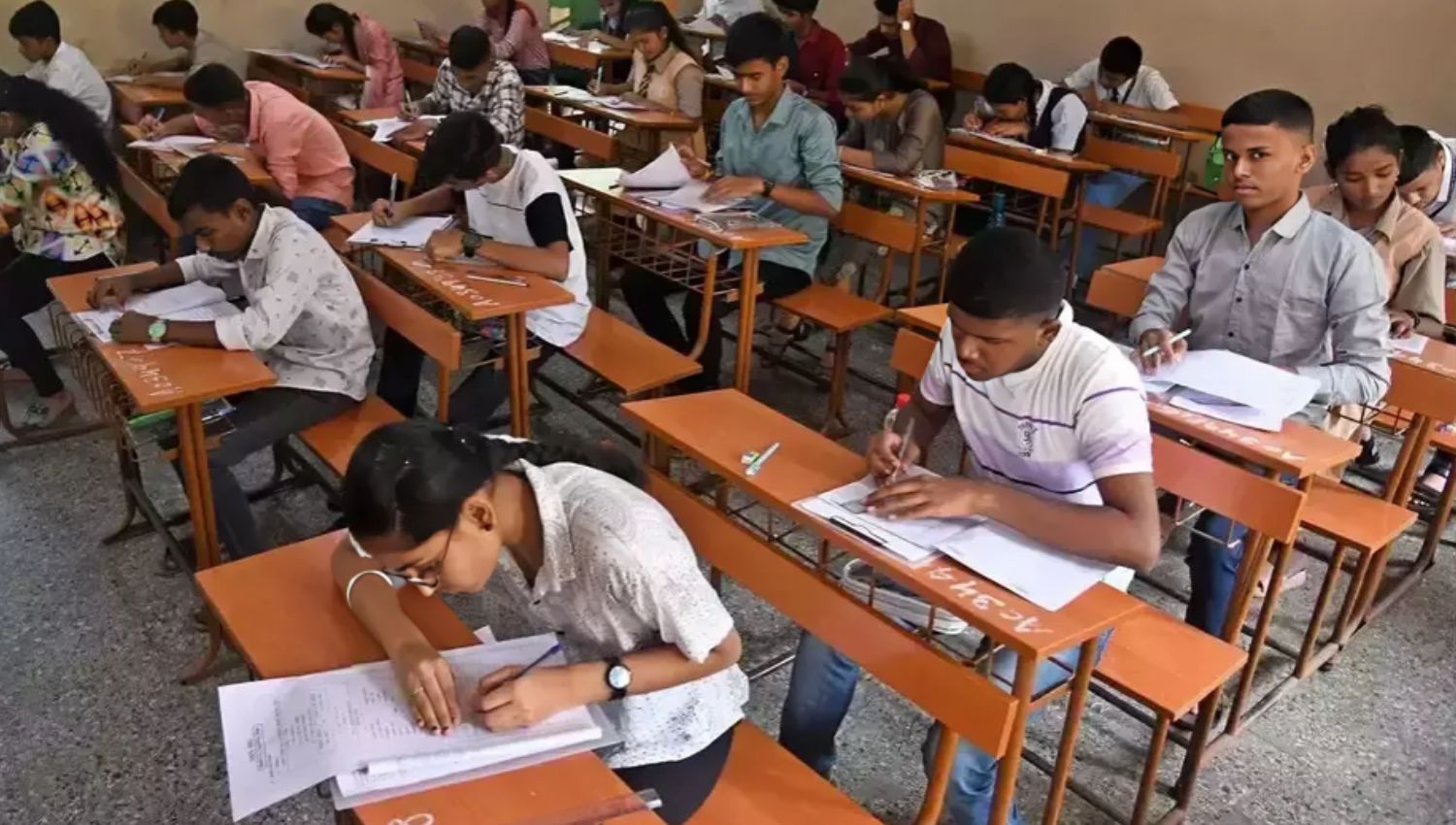In an effort to combat the issue of paper leaks and cheating in public examinations, the government has taken a decisive step by introducing the Public Examinations (Prevention of Unfair Means) Act, 2024. This legislation has been implemented amidst a significant controversy surrounding the NEET and UGC-NET exams, which have been plagued by allegations of paper leaks and irregularities.
The primary objective of this Act is to eradicate unfair practices in public examinations conducted by prominent organizations such as the Union Public Service Commission (UPSC), Staff Selection Commission (SSC), railways, banking recruitment examinations, and the National Testing Agency (NTA), among others.
Here’s how the new legislation aims to curb malpractice in public exams:
- Stricter Penalties: The legislation mandates a minimum prison term of three years, which can be extended to five years, for individuals caught leaking exam papers or tampering with answer sheets. Offenders will also be subject to fines of up to Rs 10 lakh.
- Non-Bailable Offenses: All offenses under the law are categorized as cognizable and non-bailable, granting authorities the power to arrest individuals without a warrant and denying them the right to seek bail.
- Responsibility of Service Providers: Examination service providers who have knowledge of a potential offense but fail to report it can be imposed with a substantial fine of Rs 1 crore.
- Targeting Organized Crime: The legislation adopts a tougher stance on organized cheating. Senior officials within service providers who knowingly participate in or facilitate such activities face a minimum prison sentence of three years, which can be extended to 10 years, along with a fine of Rs 1 crore. Examination authorities or service providers involved in organized exam malpractice can be imprisoned for a minimum of five years and a maximum of 10, with the same Rs 1 crore fine.
- Safeguards for the Innocent: The Act provides certain safeguards for individuals who can convincingly demonstrate that the offense was committed without their knowledge and that they made sincere efforts to prevent it.
The UGC-NET and NEET are significant examinations for individuals aiming to pursue careers in academia and the medical field, respectively.
NEET, which took place on May 5 with approximately 24 lakh candidates, was marred by allegations of question paper leaks, particularly in Bihar. Furthermore, the UGC-NET was completely canceled due to concerns regarding the exam’s integrity.
In light of these events, the NTA announced on Friday the postponement of the June session of the Joint CSIR-UGC-NET, citing unavoidable circumstances and logistical challenges. This examination determines eligibility for junior research fellowships, assistant professorships, and PhD admissions in science disciplines.

